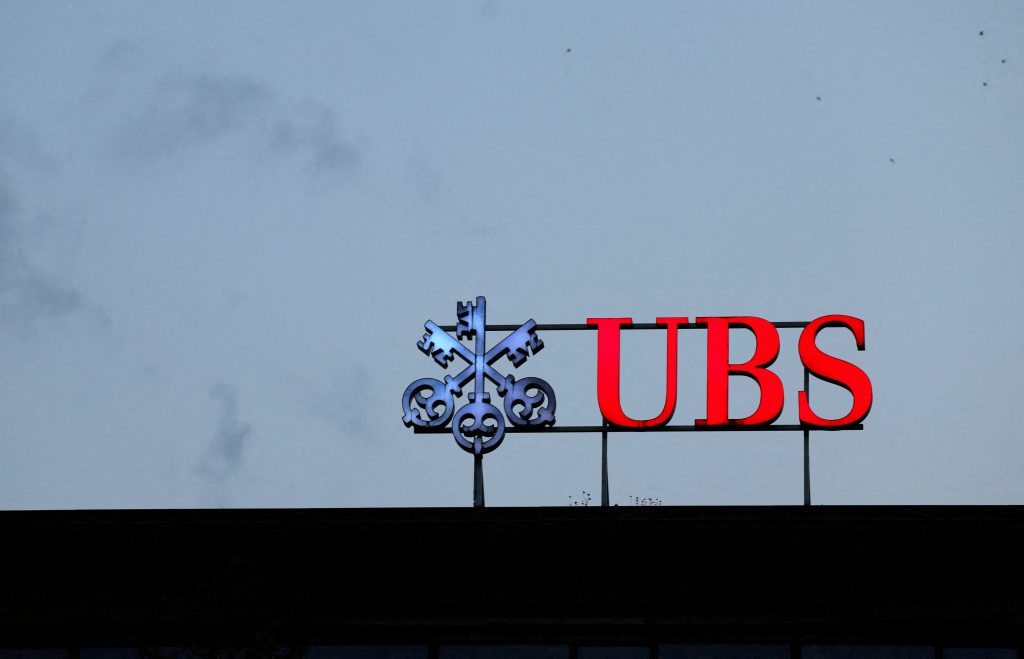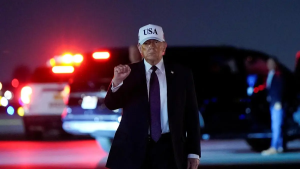Supreme Court Rejects Whistleblower’s Appeal in UBS Case

FILE PHOTO: A UBS logo is seen next to Credit Suisse at the Bahnhofstrasse before a news conference of Swiss bank UBS in Zurich Switzerland, August 30, 2023. REUTERS/Denis Balibouse/File Photo
The Supreme Court declined on Monday to hear a bid by a former UBS bond strategist to revive a $2.6 million jury award in his lawsuit accusing the Swiss bank of unlawfully firing him for refusing to publish misleading research reports. The justices turned away whistleblower Trevor Murray’s appeal of a lower court’s ruling that the Manhattan jury that decided in favor of him in 2020 received flawed instructions from the trial judge about the legal standard for proving unlawful retaliation under U.S. law. The Supreme Court had already issued one ruling in the case. The justices in 2024 reinstated the jury award after it was previously overturned by a lower court, deciding that financial whistleblowers have to prove only unequal treatment, not that their employers had a retaliatory motive, to prevail in retaliation lawsuits. Since that ruling, the New York-based 2nd U.S. Circuit Court of Appeals in February again threw out the award, finding that flawed jury instructions in the trial made it too easy to conclude that Murray’s whistleblowing contributed to the UBS decision to fire him. The 2nd Circuit initially overturned the verdict in 2022, finding that the 2002 Sarbanes-Oxley Act required Murray to prove that UBS acted with retaliatory intent. The Supreme Court unanimously reversed that decision last year. The Sarbanes-Oxley law created enhanced accounting standards for publicly traded companies after a series of accounting scandals, along with new legal protections for employees who report illegal conduct. Now, Murray is asking the Supreme Court to rule that businesses like UBS act unlawfully when they let whistleblowing affect employment-related decisions in any way. UBS in an October brief urged the Supreme Court not to hear the appeal and, if it did, to adopt a higher bar for proving retaliation claims. Murray, who worked in UBS’ mortgage securitization unit, accused bank officials of pressuring him to issue skewed and bullish research on commercial mortgage-backed securities in order to support its trading and underwriting operations. Murray has said he was fired in 2012 about two months after complaining to supervisors and despite receiving excellent performance reviews. UBS has said Murray was fired as part of a cost-cutting campaign that eliminated thousands of jobs, not because of his complaints. The jury in federal court in Manhattan sided with Murray in 2020. U.S. District Judge Katherine Polk Failla, who presided over the trial, rejected a bid by UBS to set aside the verdict.




